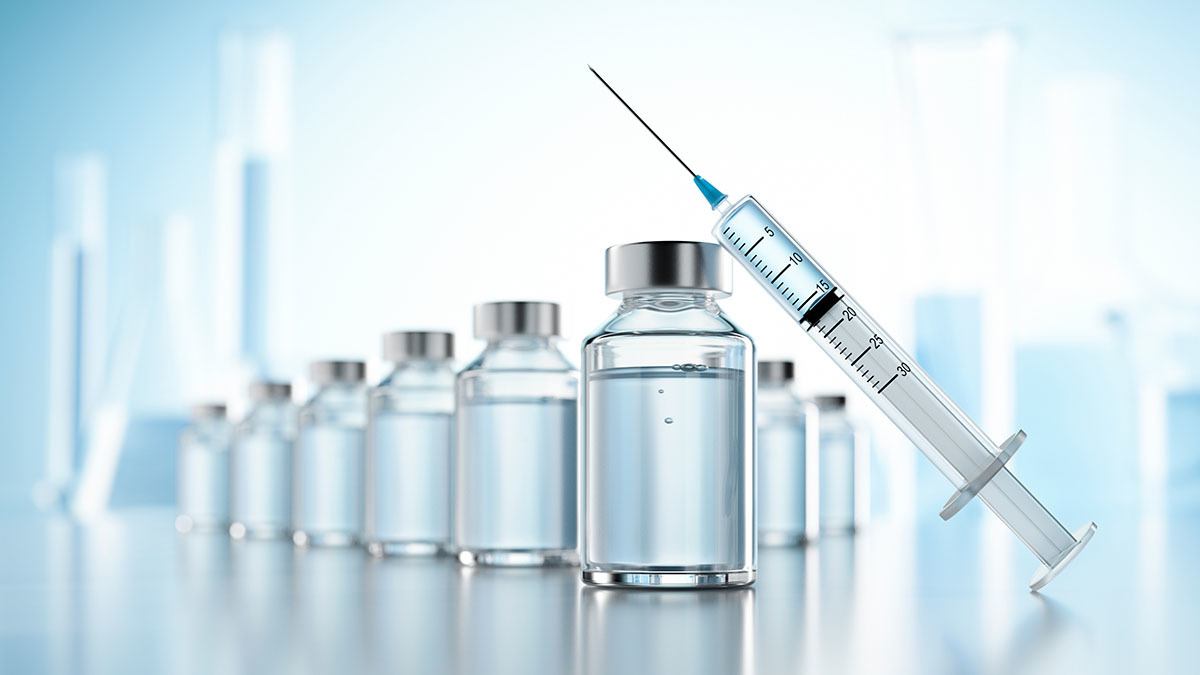USP Degradation Product Leachables Testing
The USP Degradation Product Leachables (DPL) testing service provided by Eurolab is a critical component in ensuring the safety and efficacy of pharmaceutical products. This test evaluates the leachable substances that may be released during the degradation process, which can significantly impact drug stability and patient health.
The degradation process is essential to understand how active pharmaceutical ingredients (APIs) or excipients interact with their surroundings under storage conditions over time. The USP DPL testing ensures that these interactions do not result in potentially harmful compounds being released into the product. This service is pivotal for quality assurance and compliance, especially as regulatory requirements are continually evolving.
The test involves subjecting samples to various stressors such as temperature, humidity, light, and time, simulating real-world storage conditions. The specimens are then analyzed using sophisticated analytical techniques like HPLC, GC-MS, ICP-MS, and LC-MS/MS to identify and quantify the leachable substances.
Understanding the potential leachables is crucial for drug developers as it helps in identifying any safety risks early on. This proactive approach ensures that regulatory submissions are robust and meet stringent standards set by organizations like the USP, FDA, EMA, and others. Compliance with these guidelines not only protects consumer health but also enhances brand reputation.
The methodology used at Eurolab adheres to international standards such as USP General Chapter 1237, which outlines specific protocols for DPL testing. These protocols ensure that the tests are conducted in a consistent and reproducible manner, leading to reliable results. The comprehensive nature of this service makes it invaluable for R&D teams, compliance officers, and quality managers who need assurance that their products meet regulatory requirements.
One of the key challenges in DPL testing is ensuring accurate identification of leachables. Eurolab addresses this by leveraging advanced analytical techniques capable of detecting even trace amounts of compounds. This precision is vital for distinguishing between safe, inert substances and those that could pose a risk to patients. The ability to differentiate between these ensures that only safe products reach the market.
Another important aspect of USP DPL testing is its role in optimizing drug formulations. By understanding how different components interact during degradation, formulation scientists can make informed decisions about ingredient selection and processing methods. This not only enhances product stability but also reduces the risk of potential adverse reactions.
The service also plays a critical role in lifecycle management of pharmaceutical products by providing data that supports long-term storage studies. Regulatory bodies often require detailed information on how a drug behaves over extended periods, which can inform decisions about shelf life and market release strategies.
Industry Applications
- Pharmaceutical Manufacturing: Ensures compliance with USP standards for drug stability and safety.
- R&D Departments: Provides insights into formulation stability and potential risks early in development.
- Quality Assurance: Guarantees adherence to regulatory requirements, protecting consumer health.
| Application | Description |
|---|---|
| Drug Stability Studies: | Identifies leachables that could affect drug stability over time. |
| Formulation Optimization: | Aids in selecting optimal excipients and processing methods for enhanced product performance. |
| Regulatory Compliance: | Supports the submission of robust data to regulatory bodies, ensuring compliance with international standards. |
At Eurolab, our commitment to excellence in pharmaceutical testing is reflected in the precision and reliability of our USP DPL service. Our state-of-the-art facilities and experienced team ensure that every test conducted meets the highest standards.
We employ cutting-edge analytical techniques, including high-resolution mass spectrometry and advanced chromatography methods, which allow us to identify even trace amounts of leachables. This capability is crucial for ensuring accurate results and meeting stringent regulatory requirements.
Our compliance with USP General Chapter 1237 guarantees that all tests are conducted in a manner consistent with industry best practices. This consistency ensures reproducibility, which is vital for maintaining the integrity of your data throughout the drug lifecycle.
The expertise and experience of our team contribute significantly to the success of this service. Our professionals stay updated on the latest regulatory changes and testing methodologies, ensuring that you receive the most current and effective DPL testing available.
In addition to meeting USP requirements, Eurolab also offers comprehensive consulting services tailored to your specific needs. Whether you require assistance with study design or need help interpreting results, our team is here to support you every step of the way.
Competitive Advantage and Market Impact
The USP DPL testing service provided by Eurolab offers pharmaceutical companies a significant competitive advantage. By ensuring that your products meet stringent regulatory standards, you can build trust with regulators and consumers alike.
Compliance with these regulations not only protects the health of patients but also enhances brand reputation. Companies that consistently demonstrate their commitment to quality are more likely to gain market share and maintain a positive public image.
In an increasingly regulated environment, being able to provide robust data on drug stability and safety is crucial. Eurolab's service helps pharmaceutical companies stay ahead of the curve by offering reliable testing solutions that meet current and future regulatory demands.
The service also supports lifecycle management strategies, ensuring that your products remain safe and effective throughout their shelf life. This proactive approach can help you avoid costly recalls and product withdrawals, saving time and resources in the long run.





